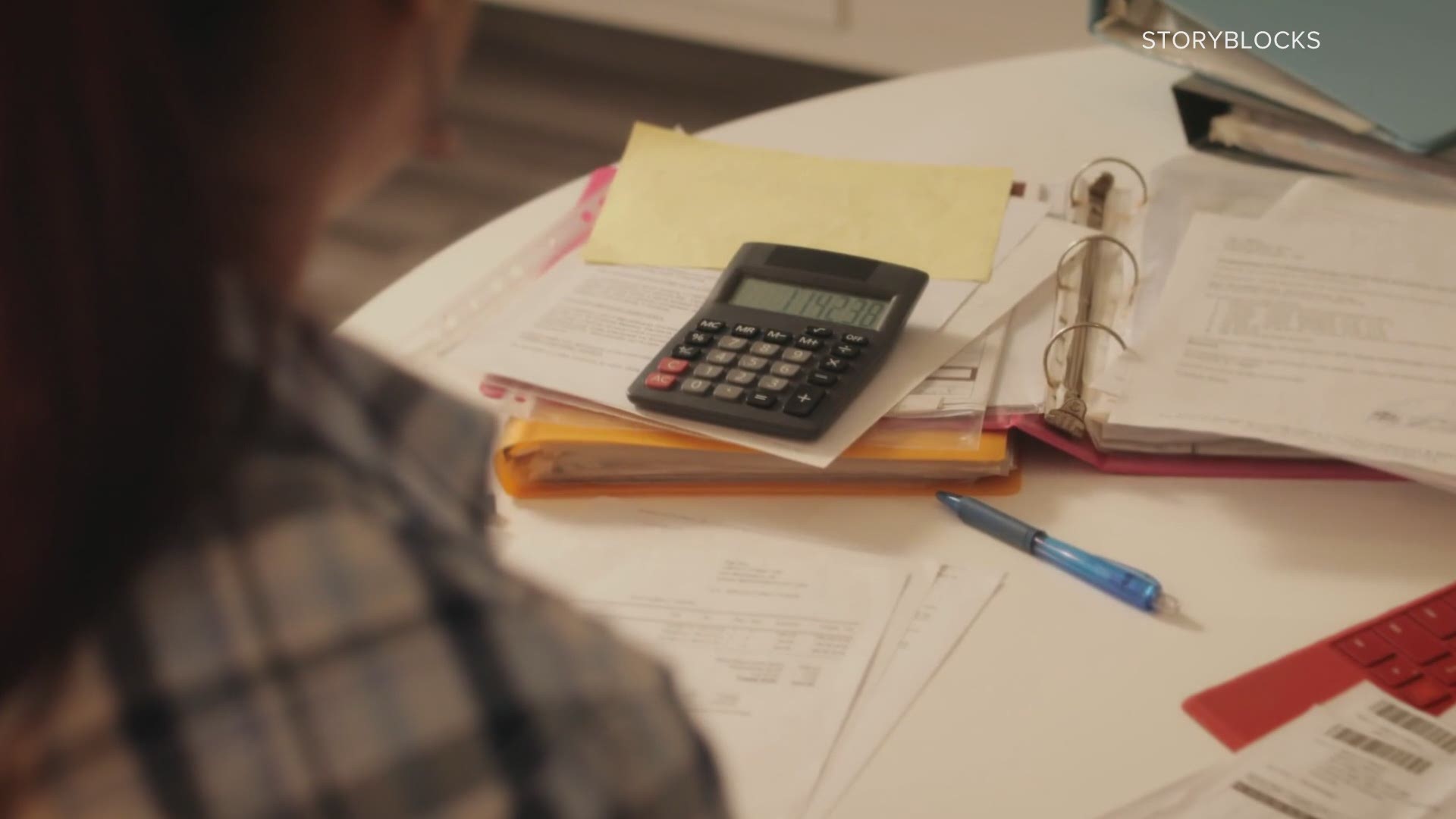ST. LOUIS — During a pandemic, a little help can go a long way — but a little more stimulus check money couldn't hurt, especially if it's yours to claim.
If you qualified for, but never got, either of the first two stimulus checks, you'll get what you're owed in your 2020 tax return. That's because the payments were really early payments on a 2020 tax credit — which also means the payments themselves are not taxable.
There’s also a chance you could get more money than what came in those initial checks, which were based on 2018 or 2019 tax returns.
“If you didn't get the full amount and you're able to get a bigger amount based on your 2020 income, then you can get that as a tax credit that will basically increase your refund or reduce the amount of tax you owe on your 2020 return,” said Zach McDowell with Anders CPA.
That means if you got less than the $1,200 or $600 maximum individual payments on the first two checks, based on your previous years' income, but you lost work or wages and made less money in 2020, you may now qualify for more stimulus help.
“You’ll be able to get the additional amount as a tax credit on your 2020 return,” said McDowell.
For anyone concerned about cheating the system — and having to pay for it later — McDowell says the IRS has chosen to go easy on people during the ongoing economic pandemic recovery.
“A lot of the times people are like, well, what if I got too much money? Am I going to owe that back? And the IRS basically came out and said, no, it's a win-win for taxpayers,” he said.
Remember, the economic stimulus payments are not taxable income... but unemployment money is. You can now file your taxes with the IRS — the filing deadline is April 15. For more information, click here.

